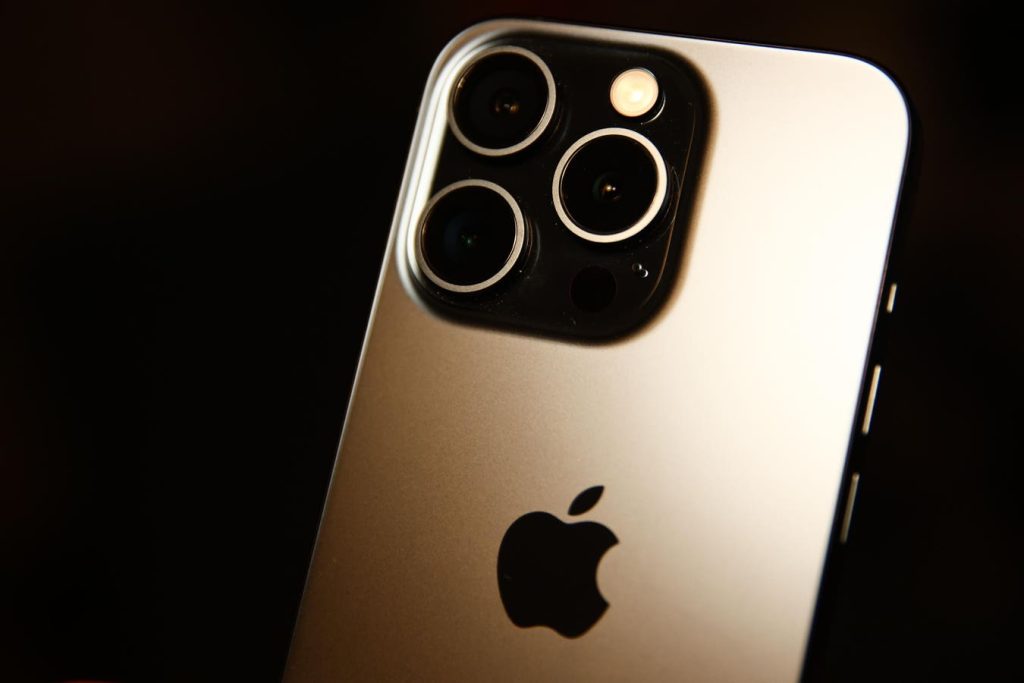Apple has recently issued a spyware warning to iPhone users in 92 countries, informing them of targeted attacks. The warning was delivered via a notification email seen by Reuters, revealing that adversaries had attempted to remotely compromise the iPhones of the victims. These attacks were likely directed at specific individuals based on their identity or activities.
The spyware attack aimed to install malicious software on the affected devices in order to spy on user data and location. This is not the first time Apple has sent out such alerts, with multiple warnings being issued to over 150 countries since 2021. While Apple did not disclose the origin of the attack, spyware attacks are often associated with nation-state actors. In the past, Apple has taken legal action against companies involved in similar attacks on iPhone users.
Over the years, Apple has released numerous iOS updates to address vulnerabilities that could be exploited for spyware attacks. Some updates are issued as emergency security patches, especially when a flaw is actively being used in attacks. Spyware attacks are concerning because they can be delivered through zero-click attacks, where no user interaction is required. For instance, a malicious image sent via iMessage or WhatsApp could be used as an attack vector.
If successful, spyware attacks allow adversaries to fully control the victim’s device, granting access to calls, emails, and various apps. While these attacks primarily target specific groups such as journalists, dissidents, government workers, and individuals in certain sectors, all iPhone users are encouraged to follow security best practices. This includes installing the latest updates, only downloading apps from trusted sources, and being cautious about app permissions.
Experts have noted that spyware attacks have become more prevalent among iPhone users in recent years, with notable examples like Pegasus and Reign. Signs that an iPhone may have been targeted include device slowdown, fast battery drainage, overheating, and indicators like orange or green dots that suggest the device is being monitored. If spyware is suspected, users are advised to backup their device before taking any corrective action.
In response to the recent spyware alerts, security experts have commended Apple for proactively notifying affected users and the public at large. While some have criticized Apple for not providing direct assistance to affected users and instead redirecting them to a third-party security helpline, it is emphasized that keeping iOS software up to date is crucial for addressing spyware threats. Ensuring that devices are running the latest software version, currently iOS 14.7.1, is essential for protecting against potential vulnerabilities exploited in spyware attacks.


